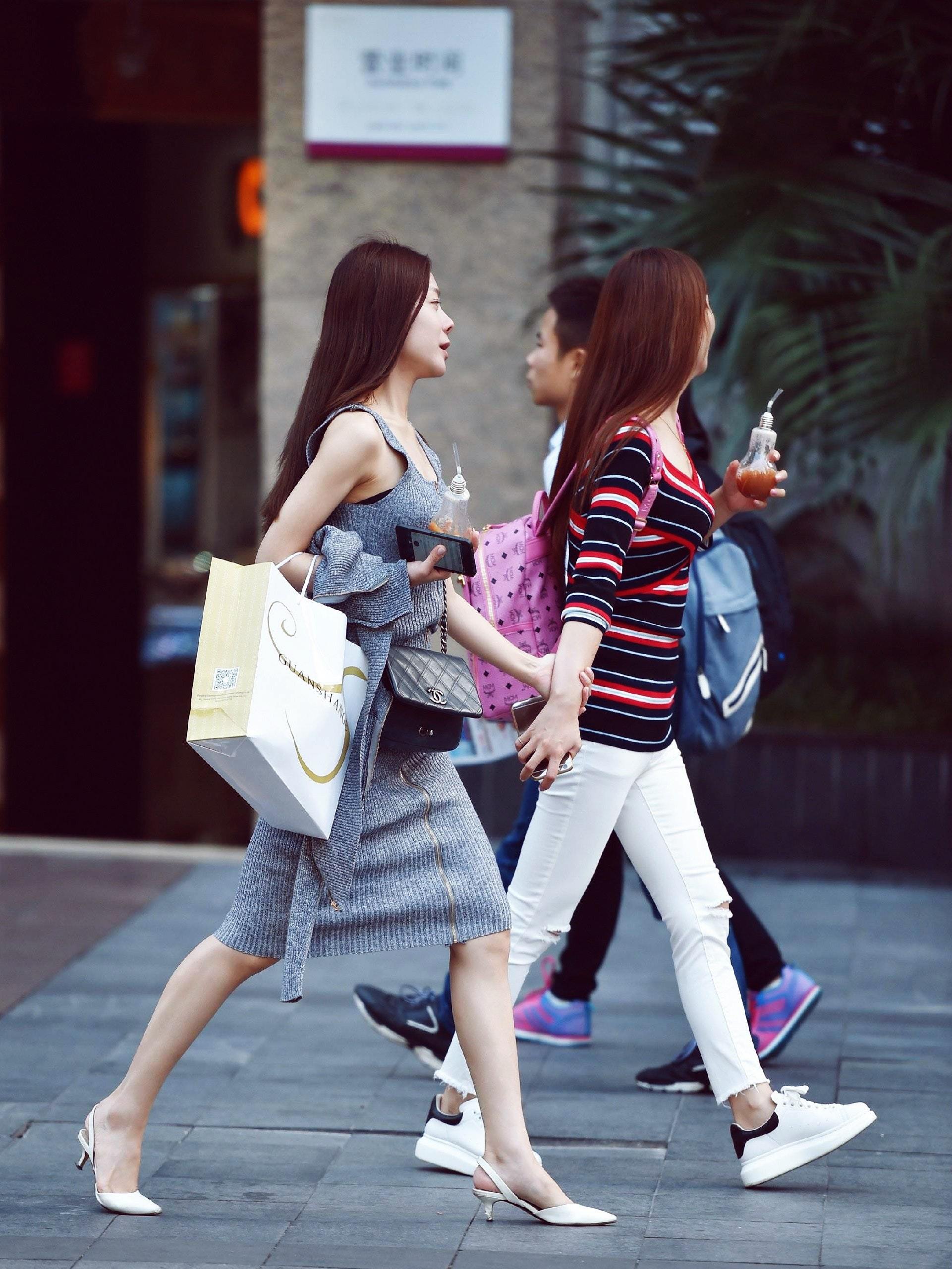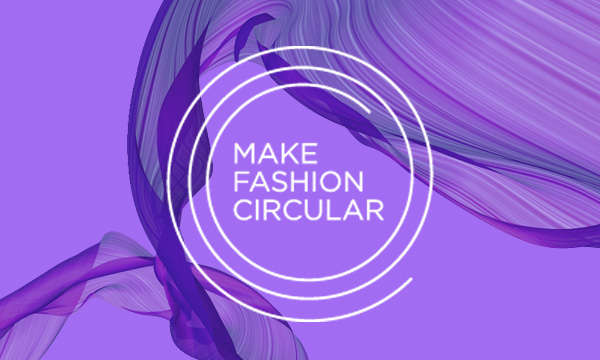We have detected that you are using an older browser. Please update to the latest version of Google Chrome, Mozilla Firefox or Microsoft Edge to improve your user experience.
If you are unable to upgrade your browser, please see our Technical FAQ page to get tips on how to improve your user experience.
